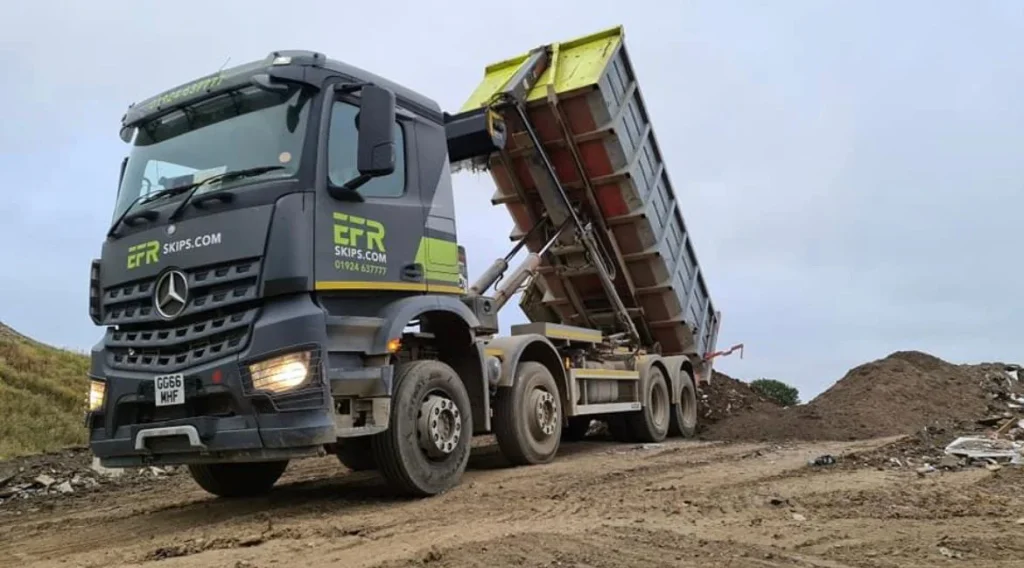FAQs
Frequently Asked Questions
Please see our size guide which gives an indication as to the sizes available and typical usages. Unless ground space is limited, try and go for a slightly larger skip as you will be surprised as once you get started how quickly they fill up!
Skip capacity indications are a guide only. Please do not try to over fill the skip, as the driver may not be able to collect the skip, as it may be a risk to the public.
Skips are to be used to dispose of inert, soil, garden waste, paper, plastics, wood, old household furniture and non-hazardous waste.
You cannot put in Fridges/Freezers, Fluorescent sodium lamps, Gas Cylinders, Tyres, Solvent paint cans, Clinical medical waste, liquids, oils, asbestos or any hazardous waste. Any of the aforementioned items are prohibited unless pre-arranged when placing the order.
Skips must be level loaded – i.e. they must not be filled above the top edge of the skip. This is to ensure safe transportation. It is illegal to overfill a skip.
If it is on private property, then virtually anywhere the lorry can reach. All lorries have extending arms allowing us to drop skips in awkward and tight spaces. The lorries are approx 10ft / 3 metres wide and need a reasonably firm base on which to load/unload on and also to drop the skip on. If it is on the road, then space needed for the lorry to park in order to drop the skip directly behind it.
If the skip is on the public highway then yes. If a permit cannot be obtained, and no private land is available, then we do offer a wait and load facility.
We can usually deliver a skip the next working day (subject to permits).
Our operating hours are 8am until 6pm Monday to Friday and 8am until 1pm on Saturdays.
Skips can be kept for a maximum of 10 days, but if you think that you need the skip for longer please call our Helpdesk and one of our team will be obliged to find a convenient solution for you.
Contact Us
Any more questions?
Simply enter your details in the contact form on this page and one of our team will be able to help.

Any more questions?
Simply enter your details in the contact form on this page and one of our team will be able to help.

